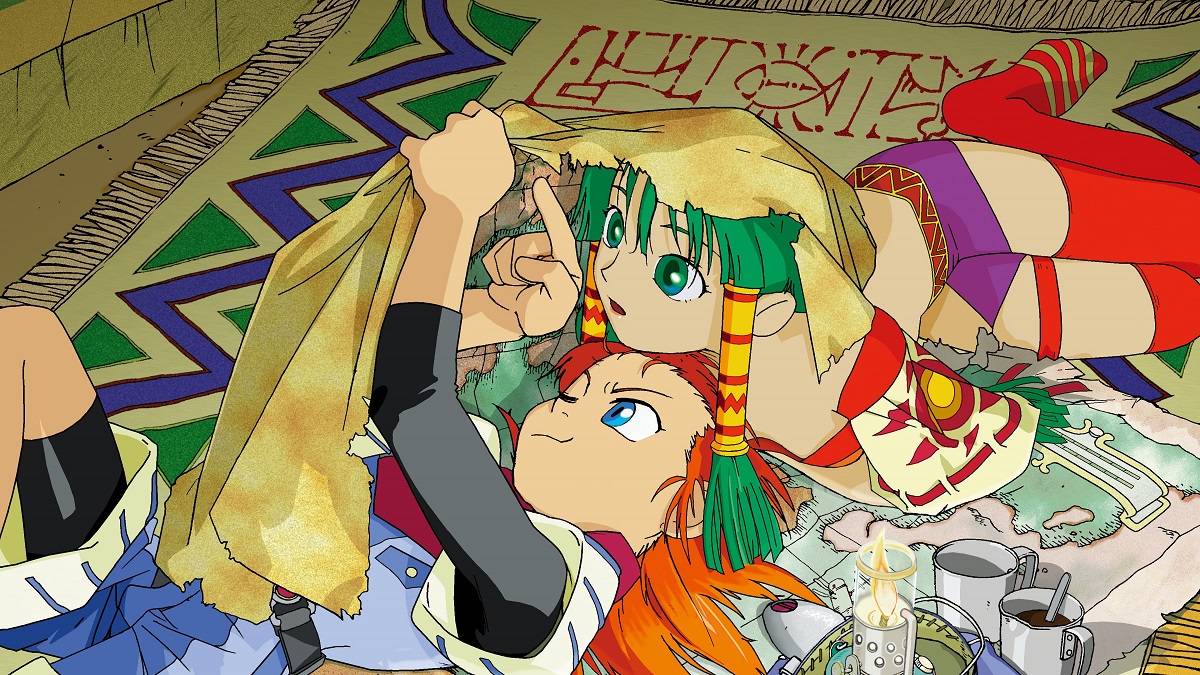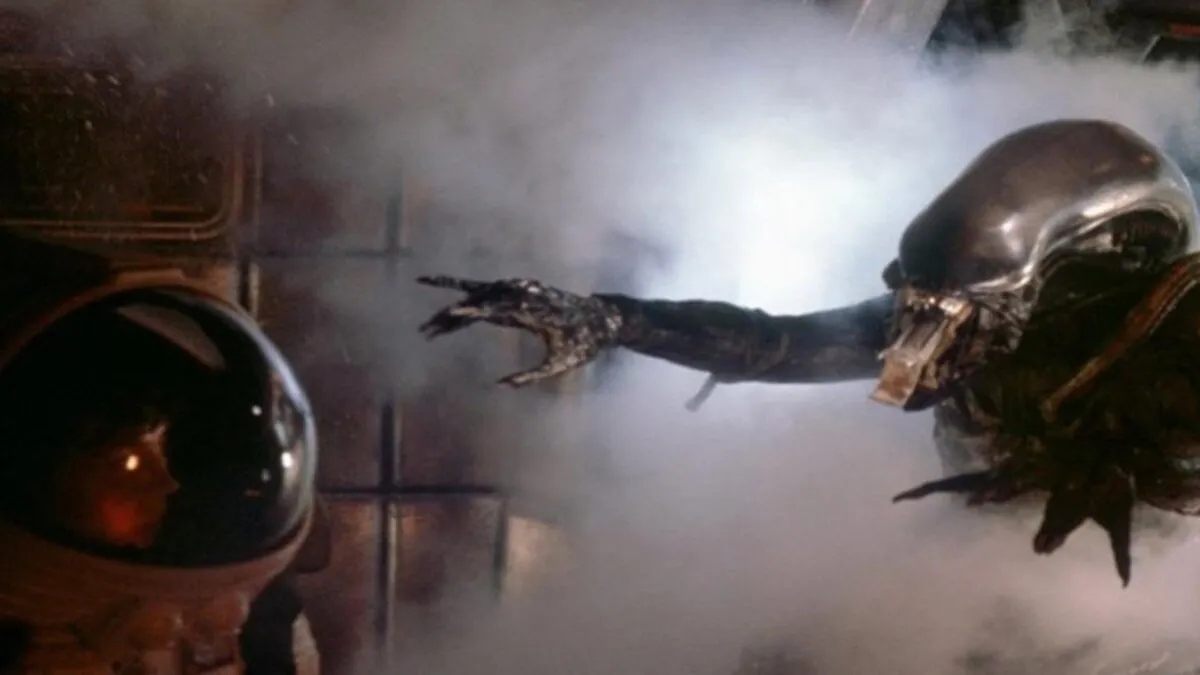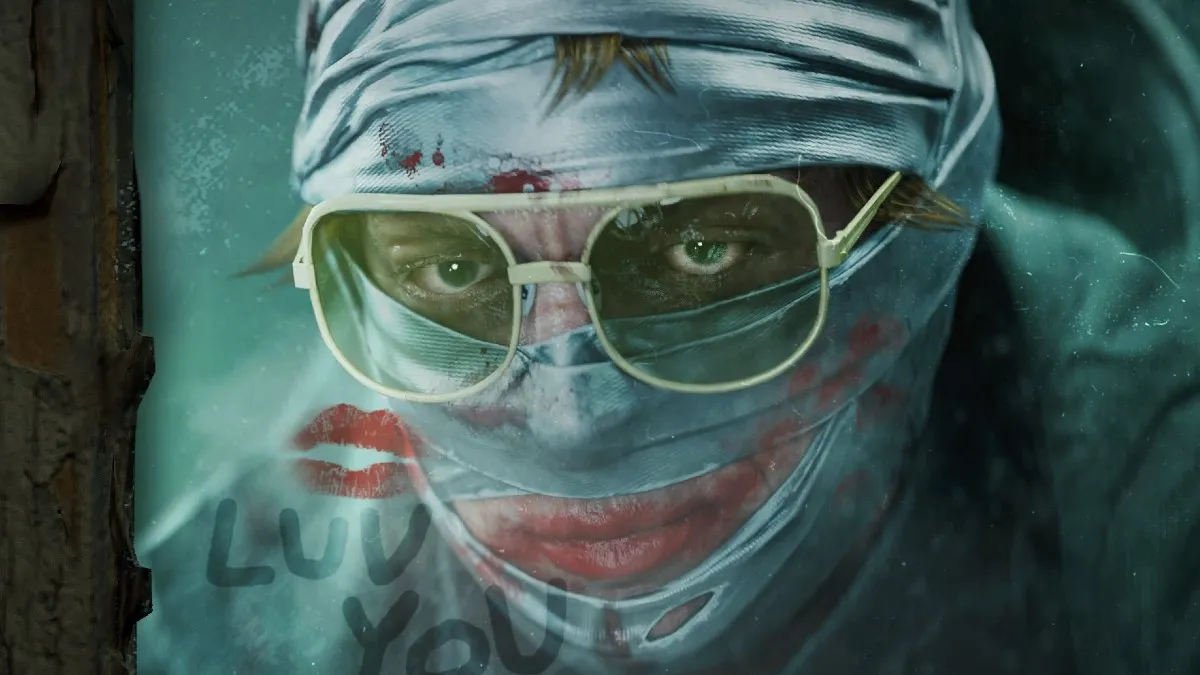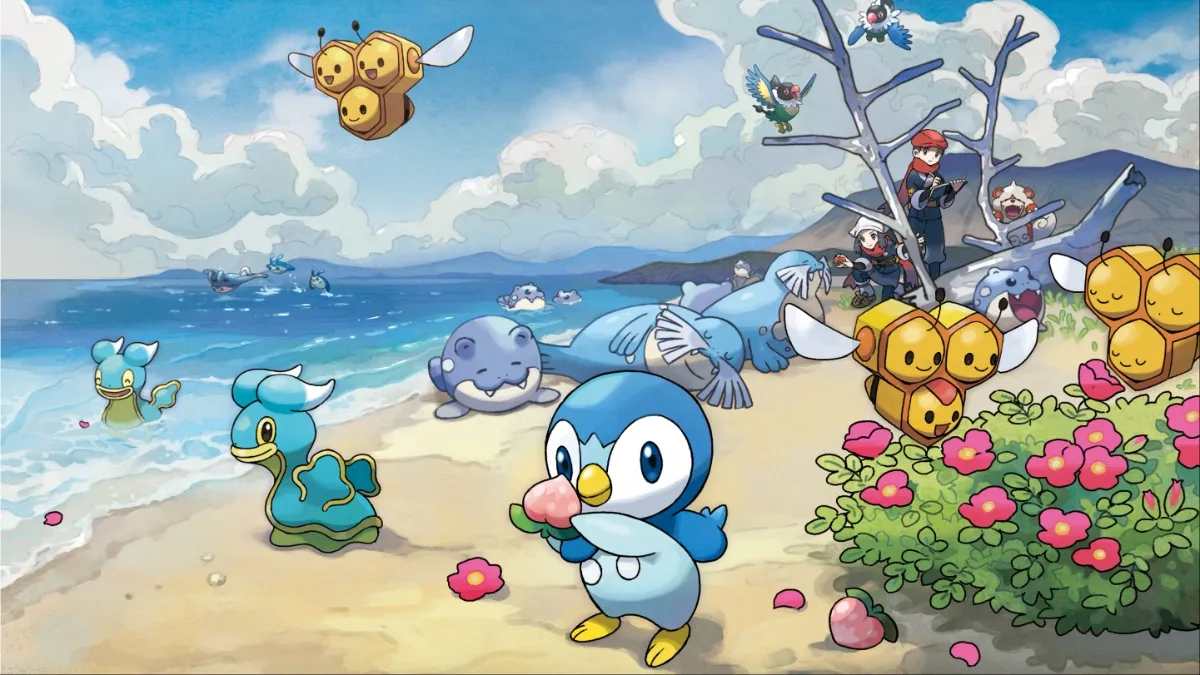Warning: The following article on why saving a game manually is a lost art eclipsed by auto-saving contains spoilers for Grandia, Wild Arms, and Super Mario RPG.
Grandia spends the better half of its first act mystifying the End of the World, suggesting nothing of worth is on the other side of this monstrous wall through its characters. As a kid playing on my PlayStation Portable, I rejected the idea the protagonist’s adventure would end there, rushing up its sawtooth face to prove Grandia was more than meets the eye.
I reluctantly saved at a checkpoint near the peak again, convincing myself the curtains weren’t closing. To my surprise, the view atop the End of the World rattled my little brain: Towering pillars of rock and untamed forests bending into the horizon. Thrilled, the game hooked me by the mouth; Grandia became a summer haze into the uncharted one gratifying manual save at a time.
As mundane as it seems, saving a game manually was an influential part of the art form that games of old would weave in to escort the player between shades of anticipation and unease. Saving after a hard-fought boss battle you spent hours (or days) trying to beat was satisfying, and closing the night out on an earth-shattering climax kept you up, wondering what was next.
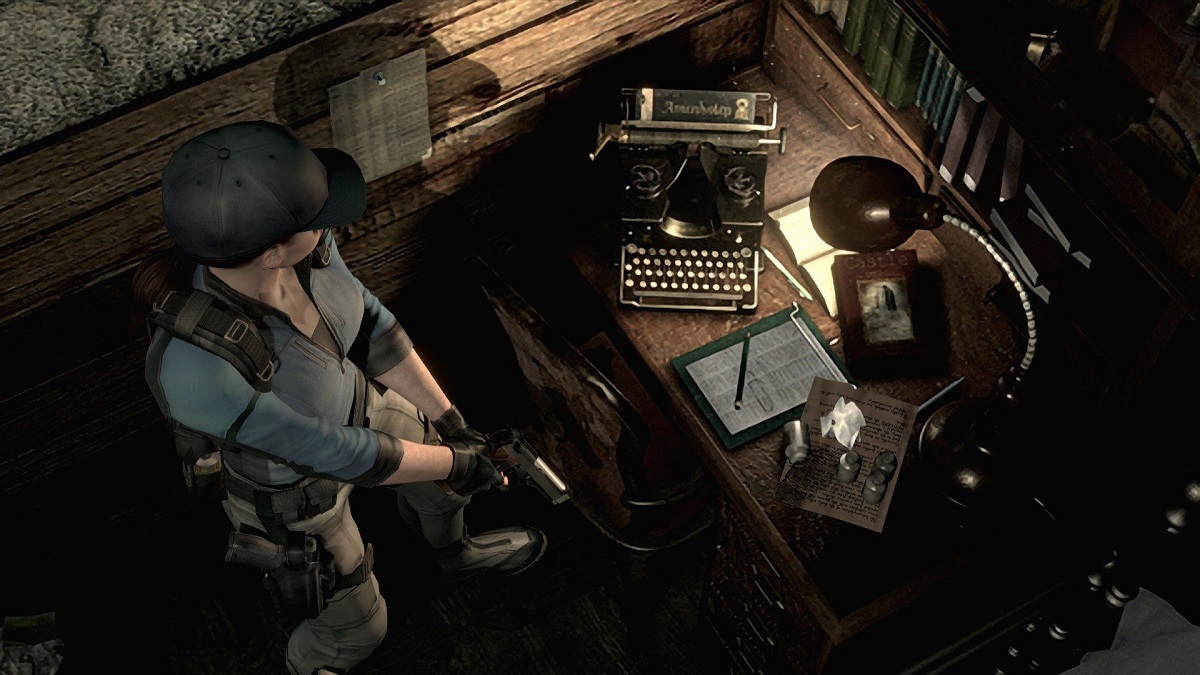
In the moment, you’re not thinking about the act and how save points are spaced. Like how a writer sneakily plants exposition and foreshadowing in character dialogue, game developers knew there was an emotional potency in saving games manually. A player will unquestionably save along the way, missing the invisible hand of the developer that keeps them engaged and, at times, led astray.
Nowadays, manual saving is a lost art eclipsed by the convenience of auto-saving. This shift has diminished the impactful effect of taking ownership of your manual saves. The experiences gamers have inside one save versus another can be sentimental, and we’re losing touch with this human bond with games. And yes, while some measure of this feeling still exists thanks to series such as Resident Evil, auto-saving is overwhelmingly a norm undermining where you start and stop.
Related: Is Super Mario RPG Multiplayer?
Gamers have discussed this ad nauseam across the Internet over the past decades. Some see the value in having auto-saving to skirt the “annoyance of having to manually save the game every time,” while others don’t trust auto-save features and save manually out of fear. To be clear, I value auto-saving and consider it a technical blessing. Almost every day, I appreciate whenever I can hop back into a game after abruptly ending my session hours or days ago. Auto-saving eclipsing manually saving a game isn’t inherently a terrible thing.
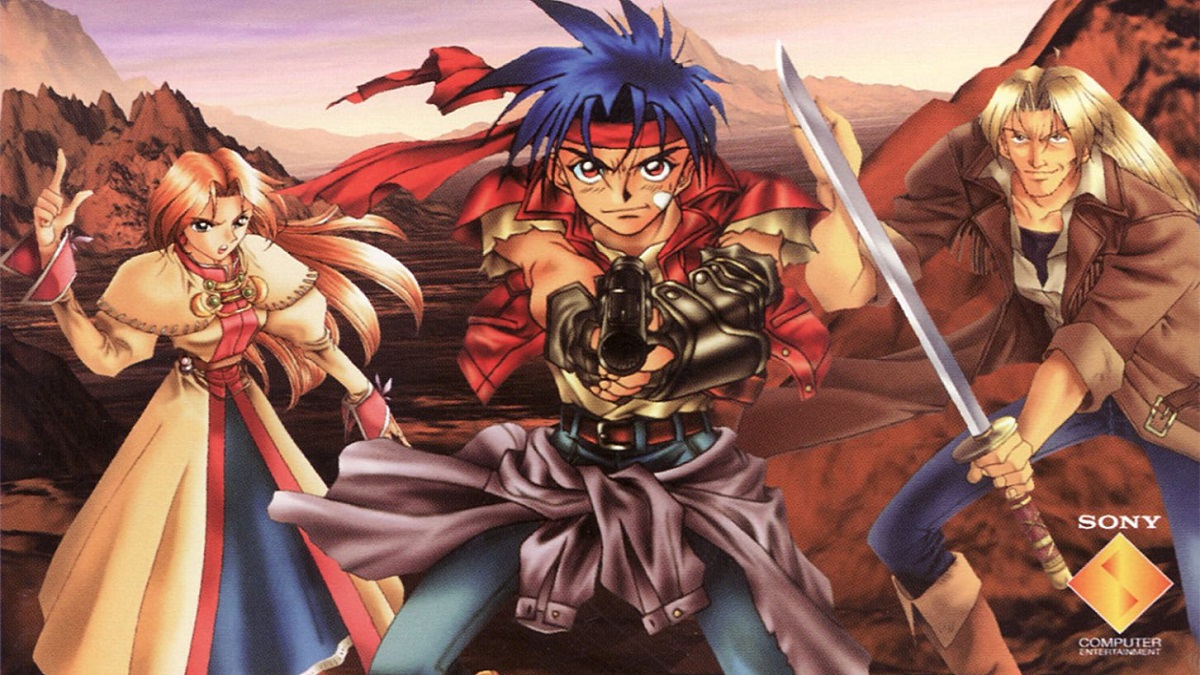
But when Wild Arms – one of my favorite Western-styled JRPGs – concluded its opening with a showdown against invading monsters as the kingdom of Adlehye burned to ashes, my save afterward had meaning. I personally had to record and move past what happened, even if I didn’t save all the townsfolk from their fiery homes. The fallen and those who survived had stuck with the protagonists, serving as motivation for their globe-trotting journey, and I was there with them.
This bond we have with games only gets stronger when we create characters to be our protagonists. The early titles of the Etrian Odyssey series harken to the glory days of RPG dungeon-crawling seen in Wizardry, as each manual save adds a sense of progression and fulfillment.
Those saves felt like compensation earned for optimizing a voiceless team of spellcasters and sword wielders after braving back-breaking battles and getting lost. All the while, I’m making memories and reiterating the fantasy headcanon of my characters to keep pace with our experiences inside multi-leveled dungeons.
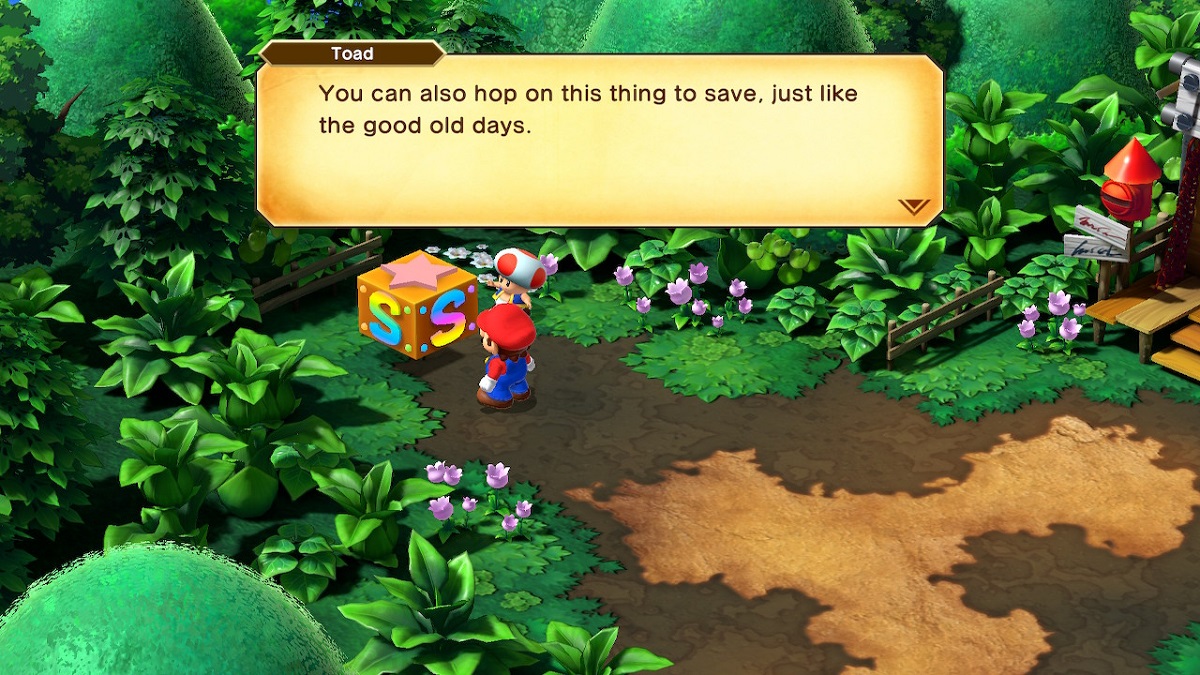
Refreshingly, the recent Super Mario RPG remake is self-aware of what saving manually meant to players when the original debuted in 1996. At the first save box in the reimagined RPG, Toad explains what it’s for and fondly reminiscences about “the good old days.” I wasn’t alive yet, but I deeply understand what this means from my own gaming experiences.
We find comfort in the cyclical pleasure of saving and make a statement of closing the book on past events to experience new exciting revelations ahead. For what it’s worth, manually saving will always (fingers crossed) be a thing with games, but it does feel less profound than before.

